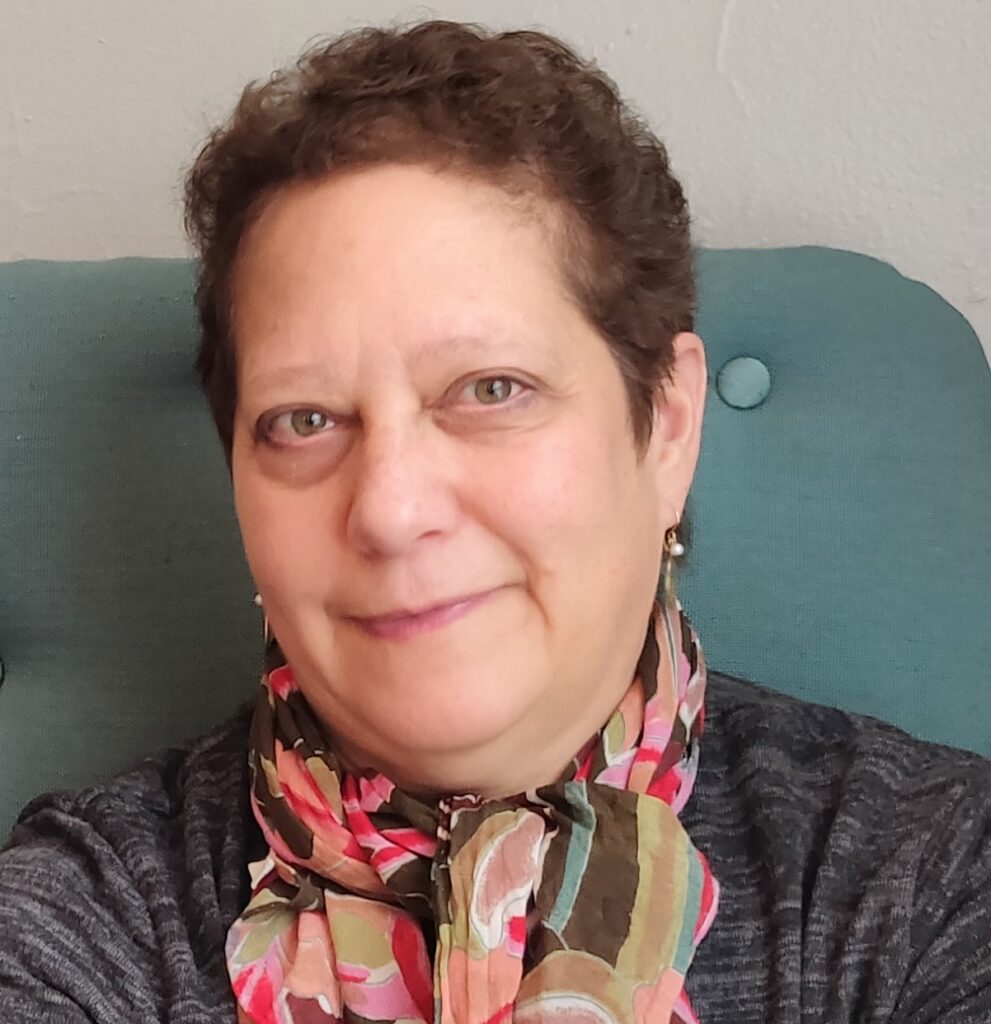Practically Speaking
January 2025
Another Look 2025 Grantees
This winter, the Donaghue Foundation added five awards to its Another Look–Research to Improve Health for Older Adults in Long-Term Care Facilities program with an investment totaling over $875,000 for this year’s cycle. Since the beginning of the program in 2013, the Another Look grant program has awarded over 8 million dollars in funding for research that has the near-term potential to improve the health of older adults in long-term care facilities.
Natalia Festa, MD, MHS | Yale University| “Investigating Post-Disaster Outcomes for Rural Nursing Home Residents”

Dr. Natalia Festa of Yale University is leading a study to examine how rural nursing home residents fare after severe weather events like hurricanes. Despite extensive documentation of the vulnerability of nursing home residents to disasters, little is known about whether outcomes differ significantly between rural and non-rural facilities. Rural nursing homes often face unique challenges, such as lower staffing levels and limited resources, which may hinder emergency preparedness and response efforts. This study focuses on residents affected by Hurricane Michael, comparing key post-disaster outcomes, including 30-day mortality and hospitalization rates, while exploring how staffing practices influence these outcomes.
The study will utilize data from over 140,000 residents across 1,400 nursing homes, analyzing differences in outcomes for 7,434 rural and 22,258 non-rural residents. Dr. Festa’s team will assess the role of staffing intensity and skill mix before and after the hurricane in shaping resident outcomes. This research aims to provide evidence-based recommendations for policies that enhance resilience in rural nursing homes, advancing national goals for quality long-term care amidst rising disaster risks. Findings are expected to highlight the disparities faced by rural facilities and inform targeted interventions to improve disaster preparedness and response.
Emmanuelle Belanger, PhD| Brown University| “Improving Hospice Care in Assisted Living Communities”

Dr. Emmanuelle Belanger of Brown University is conducting a pivotal study to examine the quality of hospice care in assisted living (AL) communities and its impact on residents’ end-of-life experiences. AL communities serve a growing population of frail older adults, many of whom rely on hospice services at the end of life. However, concerns persist about the effectiveness of hospice care in these settings and the organizational challenges that may hinder its delivery. This research seeks to explore how the quality of hospice agencies influences care processes and resident experiences in AL facilities.
The study combines a nationally representative survey of over 2,000 AL administrators with publicly reported hospice quality ratings and interviews with the bereaved next-of-kin of 52 deceased AL residents. Using logistic regression and qualitative analyses, the research will assess how collaborating with high-quality hospice providers impacts AL policies, care processes, and resident experiences. The findings aim to identify characteristics of AL communities and hospice providers that foster better collaboration and care outcomes. By offering actionable recommendations for improving hospice care delivery and coordination, this study will inform policy and practice to enhance the quality of end-of-life care for residents in AL settings nationwide.
Edward Miller, PhD, MPA| University of Massachusettes Boston| “Examining the Impact of Medicaid Payments on Nursing Home Care Quality“

Dr. Edward Miller of Brown University is leading a critical study to investigate how Medicaid payment levels influence the quality of care in nursing homes (NHs). Medicaid, the primary funder of NH care in the U.S., supports approximately two-thirds of NH residents, yet its impact on individual facility care quality is not well understood. Leveraging a unique dataset of facility-specific Medicaid per-diem payments, this study aims to provide new insights into how financial inputs affect care outcomes, particularly for racially and ethnically diverse residents.
The research will analyze Medicaid payment rates, payment-to-cost ratios, and their effects on NH quality indicators such as 5-star quality ratings, staffing levels, and resident outcomes, including pressure ulcers, falls, hospitalizations, and antipsychotic use. By employing regression analyses and controlling for facility characteristics and state policies, the study seeks to uncover disparities and identify opportunities for improvement. Findings will inform policymakers and NH administrators on optimizing Medicaid payment structures to enhance care quality and equity, offering valuable guidance in the post-COVID-19 era to support more effective and equitable long-term care strategies nationwide.
Wingyun Mak, PhD & Orna Intrator, PhD| The New Jewish Home Research Institute on Aging| “Evaluating the Impact of Health Information Technology in Nursing Homes”


Dr. Wingyun Mak of The New Jewish Home Research Institute on Aging and Dr. Orna Intrator of the Icahn School of Medicine at Mount Sinai are leading a national study to evaluate the impact of Age-Friendly (AF) Recognition on nursing home (NH) outcomes. Developed by the Institute for Healthcare Improvement (IHI) and the John A. Hartford Foundation, the Age-Friendly Health Systems (AFHS) model is centered on the “4Ms”: What Matters, Medication, Mentation, and Mobility.
While there is increasing integration of AFHS in healthcare, the impact of the AFHS model in NHs remains understudied. This project will analyze data from IHI and the Centers for Medicare and Medicaid Services (CMS) to assess how AF Recognition influences quality ratings, admissions, occupancy, and staff turnover. It will also compare early and later adopters and survey NH administrators to understand awareness, implementation of the 4Ms, and barriers to recognition.
In partnership with IHI and LeadingAge, the team will create web-based materials to share study results. Findings will guide NHs and policymakers on the value of pursuing AFHS Recognition and support broader integration of age-friendly care

Joan Ilardo, PhD| Michigan State University| “Enhancing Oral Care in Skilled Nursing Facilities Through Workforce Training“
Dr. Joan Llardo of Michigan State University is leading a pilot project to improve oral health for residents in rural skilled nursing facilities (SNFs) through collaborative workforce training. Oral health is critical to overall physical, social, and mental well-being, particularly for older adults, yet care quality in SNFs varies widely due to under-detection of oral health problems and inconsistent care standards. This project integrates a service-learning rotation for dental hygienist students from Lansing Community College (LCC) to provide hands-on care and education in a rural SNF, addressing a critical gap in oral healthcare.
The initiative involves dental hygienist students conducting oral health assessments and integrating findings into residents’ care plans while training SNF staff on preventive care and the recognition of oral health issues. By combining qualitative interviews with stakeholders and quantitative measures of health outcomes, the study aims to evaluate the impact on residents’ quality of life and staff confidence in oral care practices. The expected outcomes include reduced oral health-related complications, improved overall health, and a replicable model for enhancing oral care in rural SNFs. Success in this pilot project could establish a new standard for oral healthcare in long-term care settings nationwide.